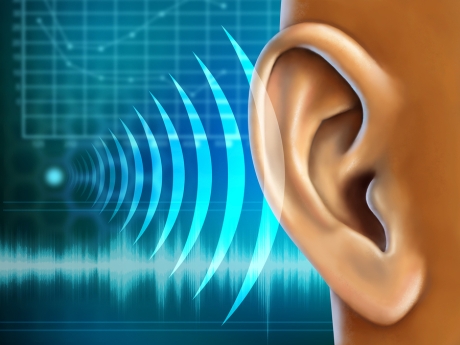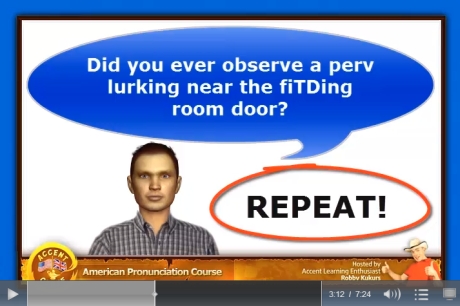Podcast: Play in new window | Download
Here’s how to practice your American Pronunciation – imagine that you take some water in your mouth, then start watching my video and repeat every sentence after me! Here’s the sounds you have to FOCUS on: R sound, flap T sound, W sound, ‘Ash’ sound, dark L sound – the more you practice, the better you’ll get at it!
Video Transcript Below:
Hi guys, it’s Robby here from AccentAdventure.com where we learn to sound like American English speakers, right?
But in case you don’t really aspire to sound like an American English speaker, if your goal is just to improve your pronunciation enough to sound decent while communicating with other people in English, you still may want to check out the blog, AccentAdventure.com right here!
Just click on this link and it’s going to take you to my blog where you’ll find dozens upon dozens of very relevant articles and videos and it’s all about pronunciation improvement.
It’s not necessarily how to sound like a British English speaker or an American English speaker but it’s going to improve your accent big time, even if you don’t aspire to sound like a person coming from a specific geographic area.
But anyway, the whole thing it’s geared more towards the American pronunciation and that’s what I’m probably more passionate about myself personally and that’s the road I’m taking anyway.
And in today’s video we’re going to look at much the dreaded English sound, TH, right?
TH sound which is the “the”, the voiced version of it, right? TH like in the word “the,” right? “The” and the unvoiced version TH like in the word “thumb”, all right?





Recent Comments